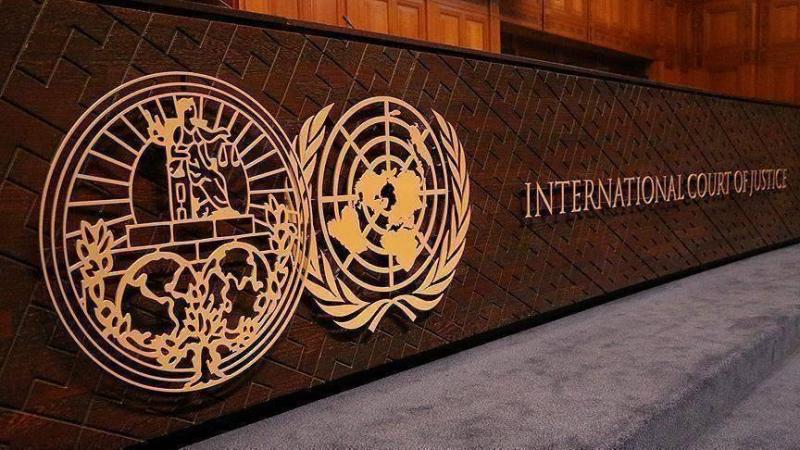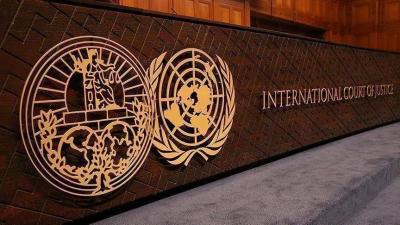South Africa and Israel exchanged accusations on the eve of the first hearings at the International Court of Justice, which will examine South Africa's allegations that Israel committed genocide against Palestinians during its assault on Gaza. The International Court of Justice in The Hague will hold hearings on Thursday and Friday on a lawsuit filed by South Africa in late December, accusing Israel of failing to meet its obligations under the United Nations Convention on the Prevention and Punishment of the Crime of Genocide, adopted in 1948. Both countries are signatories to the convention, which obligates them to refrain from committing genocide, as well as to prevent and punish it.
The politically charged hearings will address South Africa's request for emergency measures to compel Israel to suspend its military operations in Gaza while the court examines the details of the case, a process that may take years. South African President Cyril Ramaphosa stated on Wednesday, “Our opposition to the ongoing massacre of the people of Gaza has prompted us as a state to turn to the International Court of Justice.” He added, “As a people who have once endured the bitterness of dispossession, discrimination, racism, and state-sponsored violence, we stand firm in our conviction that we will be on the right side of history.”
Israeli government spokesperson Elon Levy said on Wednesday, “Tomorrow, the State of Israel will appear before the International Court of Justice to refute the absurd bloodshed charges leveled by South Africa, which provides political and legal cover for the Hamas regime.” A panel of 17 judges, including two judges from Israel and South Africa, will listen to three-hour oral arguments from each side. A ruling on the interim measures is expected later this month. The International Court of Justice's rulings are binding, but the court does not have the power to enforce them.
In a sign of the weight of the term “genocide,” Israel has sent a former high court judge who survived the Nazi Holocaust, which occurred before the Genocide Convention was signed. South Africa will appoint a judge who spent ten years in his youth on Robben Island, where he met former South African President Nelson Mandela. Another court in The Hague, the International Criminal Court, is separately investigating allegations of atrocities in Gaza and the West Bank and the October 7 attacks on Israel, but has not named any suspects. Israel is not a member of the International Criminal Court and rejects its jurisdiction.




